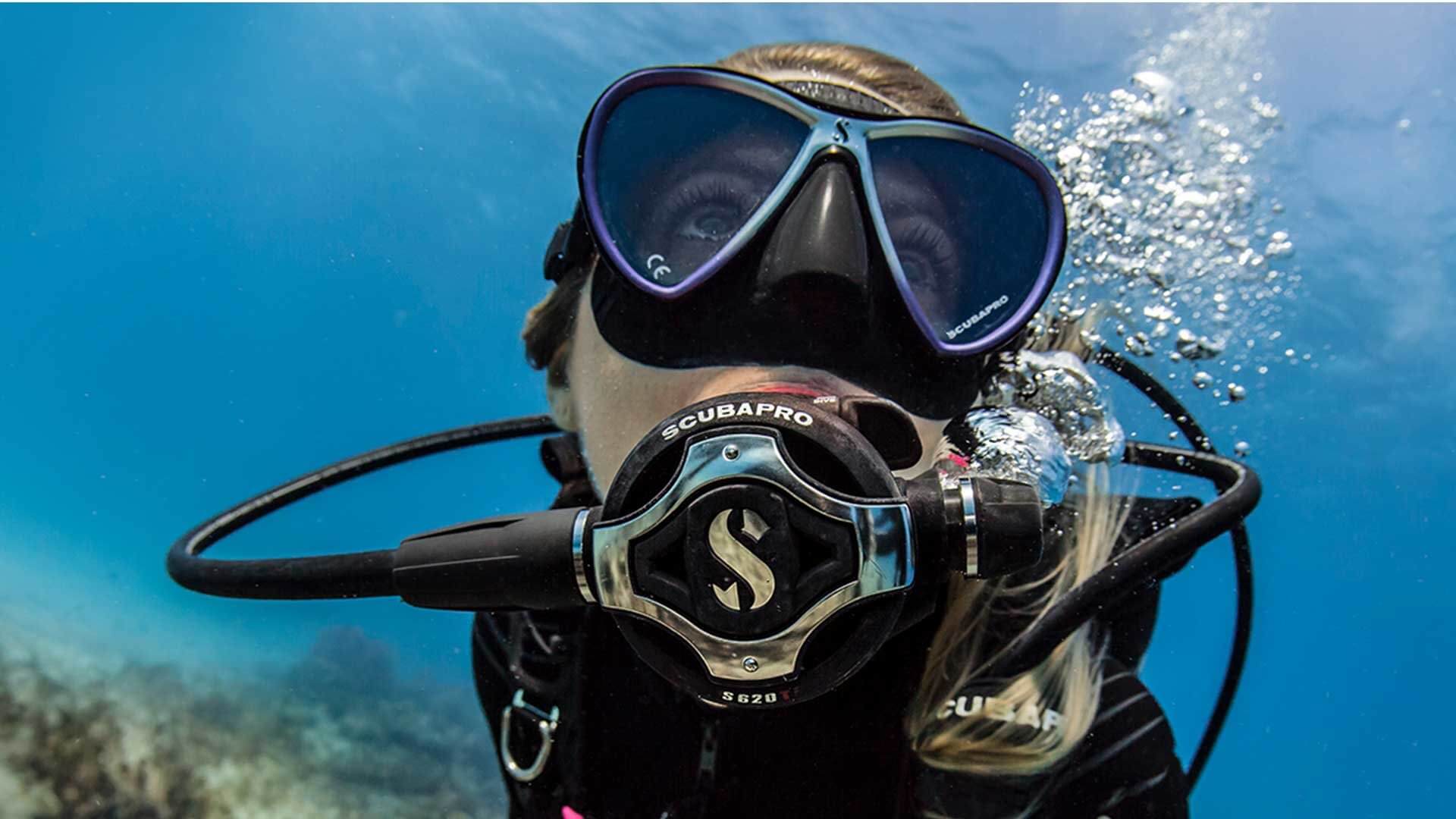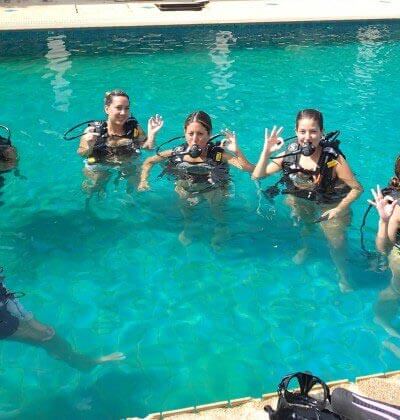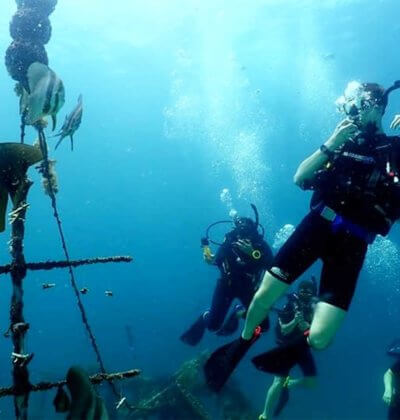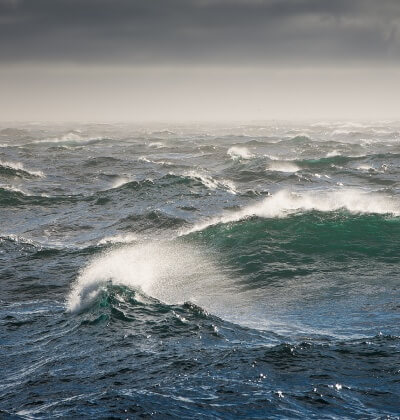How to improve my air consumption scuba diving
Having poor air consumption is not only frustrating for the diver involved, it is also frustrating for the diver’s buddy or dive group. Here are a few tips on how to improve your air consumption whilst scuba diving.
There is often as scuba diving safety rule in parts of the world (Thailand is one) when the first person is low on air then the whole group ends the dive. Therefore, if divers have paid good money to dive and the dive was cut short by someone with poor air consumption then that person can become quite unpopular.
Over the years I have heard a lot of excuses to why someone’s air consumption is high, often I tend to disagree with the excuse. Having been in the industry for quite a while, I am of the belief that divers of all shapes and sizes, of all different levels of experience have good and bad air consumption.
I have seen divers finish their PADI Open Water Course have amazingly good air consumption and I have seen divers with 100’s of dives with poor air consumption. I have seen 150kg men be the best on air in a group and seen a 60kg woman end the dive early.
Here are my thoughts on air consumption and how you can improve yours.
Does Size Matter?
I have heard it a lot before “ I am a big guy and use a lot of air.”
Naturally sizes does influence how much air you would consume. The lung capacity and need for oxygen of a 150cm 12 year girl and 180 cm mature male are going to be different. All things being equal the mature male will consume more air.
However, the question of air consumption is not about who consumes more air, it is about how a diver consumes their air from a 12 (80cf) scuba cylinder.
During my time as a dive shop owner I have employed many people, of those one was a 190cm instructor and one a 202cm male instructor. Both only ever used 12 litre tanks and both virtually always ended the dive with the most air left of their group of divers.
They are not the two biggest guys I have met over the years with good air consumption. Yes their lungs are bigger than a small girl or woman and yes they do need more oxygen that those smaller people however can they make a 12 litre scuba cylinder last a long time? Absolutely…..
I am the truly believe that everyone can have good at air consumption. Here are a few tips.
Body and Arm Movement
Without a doubt, the highest consumers of air I have seen over the years, all move way too much in the water.
I have a simply saying; “the more you move the oxygen your body needs, the only way you can get that oxygen is to breath and the more you breath the more air you use. The more air you breath the shorter the dive.
More moving = more oxygen required = more breathing = a shorter dive
There are two main areas of excessive underwater movement I have seen.
The first one is arm movement, so many divers either use their arms for added propulsion or regain buoyancy. Neither should be required, leg and fin movement and good breathing control is all you need. There is a very simple formula I like to use. If you just your legs to move whilst under water the you will us X amount of energy, if you use both legs (X energy) and your arms (X energy) you are using twice as much energy which needs twice and much oxygen and you use twice as much air.
The other is simply too much movement, swimming from one point to another and back again. While it is swimming from here to there and doing some loops, it all adds to air consumption and while you are having fun you can shorten the dive for you and your dive buddies.
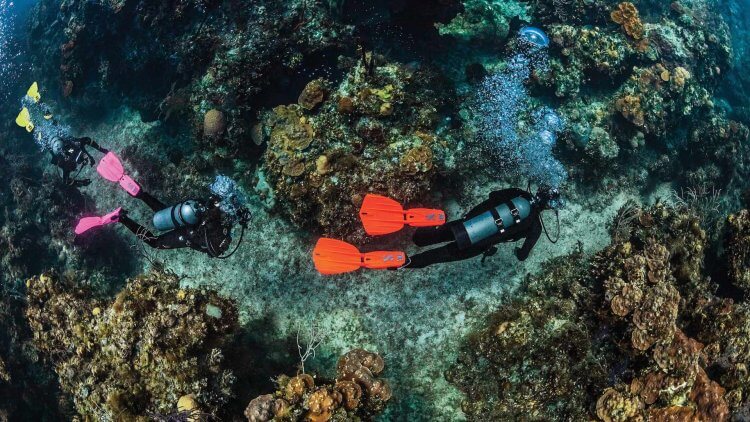
Good fins can help improve air consumption
Buy a Good Pair of Fins
I recall doing my PADI Open Water and PADI Advance Open Water Courses together quite a number of years ago. In my first days of the courses I remember having poor air consumption. The dive centre I was at had some thin, cheap and nasty rental fins. This had me kicking quite a lot to just to move.
My instructor at the time recommended I by my own fins. I did and purchased a Mares Volos. With those fins I noticed an immediate improvement in air consumption. At the time I believed at the time my air consumption improved by 30% just by changing fins.
You fins provide all your thrust for propulsion. The more work you fins do the less you have to do with your legs and there for less body movement and less air use.
Now I use Scubapro Jet fins that have excellent thrust and barely have any leg movement for propulsion.
I truly believe that by the end of your PADI Open Water Course all divers should own at least own mask and fins.
Breathing Control
All divers understand that the rate that you breath (breaths per minute) is ultimately what defines how much air that you consume. They understand that the slower they breath the less air they use and in part that is correct.
However one of the biggest errors I see is divers exhaling too quickly. The diver breaths in slowly however exhales the lot very rapidly. Here is an example.
If your inhalation takes 5 seconds and you exhale in 1 second, you will take 10 breaths a minute.
If you inhale for 5 seconds and exhale for the same 5 seconds you will take 6 breathes a minute. That is a 40% improvement in your air consumption.
The best person I knew on air (Kath Ridley) spoke to me about aiming for 7 seconds in a 9 seconds out. This is a phenomenal task and something I have never been able to do. However, if you could you would take less than 4 breaths a minute.
A technique that I saw used effectively once was told to me when I was a young instructor. I could not get a student use less air. A more seasoned instructor said. “That’s simple, just get him to breathe through his nose”. As you would know, it is difficult to breath out through your nose with a scuba mask on. This slows the exhale process. My student did that on the next dive with amazing results.
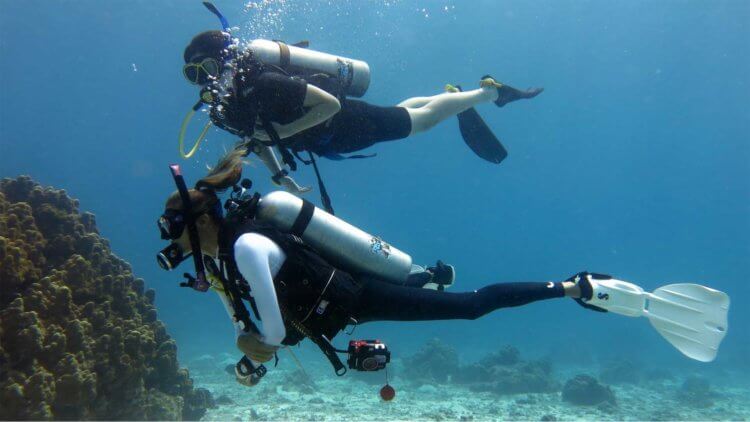
Good Buoyancy Can Improve Air Consumption
Buoyancy, Balance and Trim
Poor buoyancy, balance and trim all contribute to excessive body movement and poor air consumption. Out of the three, overwaiting is the biggest issue. The number of divers that I see diving overweighted is quite high.
When diving you should weightless and require very little movement and your adjustment of air in and out of you BCD should be very little.
If you do not feel like you are weightless and you are constantly adding and taking air from your BCD then you most have poor buoyancy, balance or trim and would consume mor air.
Doing the PADI Peak Performance Course your buoyancy, balance and trim and hopefully reduce your air consumption.
Book a PADI Peak Performance Buoyancy Course Here
Dive More and Relax
One thing I noticed when I was travelling back a forth from Australia to Thailand to dive (every three or four months), was that my first days diving was always a difficult day. Feeling my way, getting my buoyancy right all increased my air consumption.
By day two I was more relaxed and better on air and by day three I was totally at ease and was back into the swing of diving.
I have heard many instructors say “just relax” and often that is easier said than done. Sometimes it just takes time there is no substitute for just getting out there and diving. The more you dive the more you relax and the less air you will consume.
Book a Scuba Diving Day Trip Here
Posted in Helpful Diving Info on .

